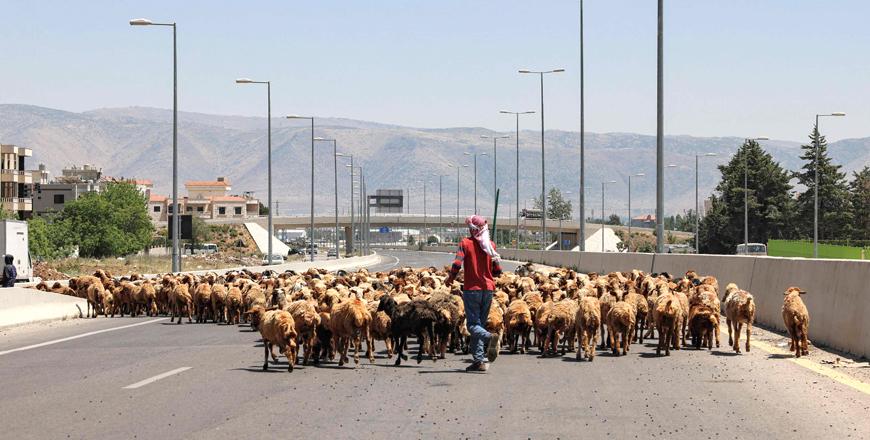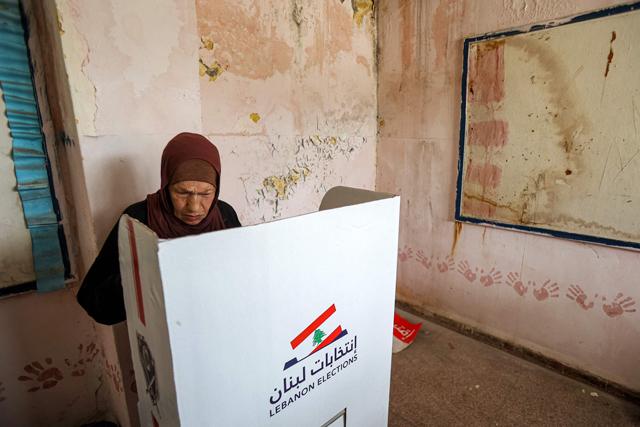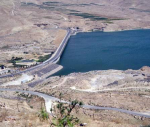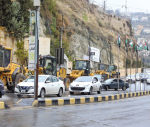You are here
Hizbollah lose ground, reformists surge in Lebanon polls
By AFP - May 17,2022 - Last updated at May 17,2022
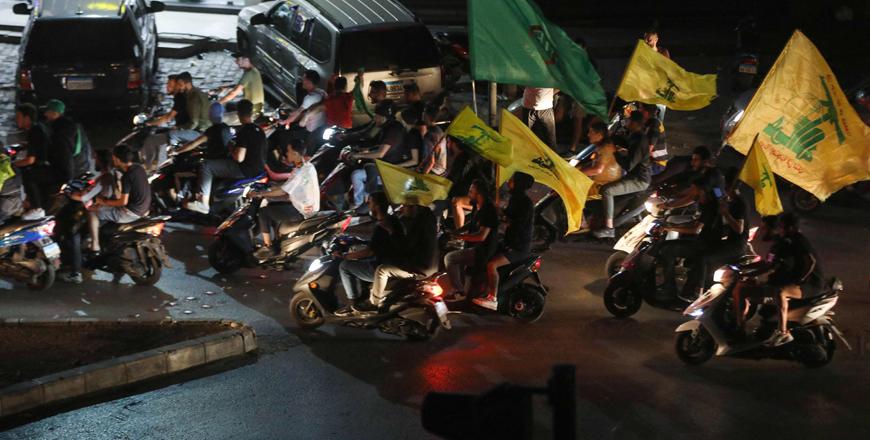
Supporters of Lebanon's Hizbollah and Amal lift their flags during a motorbike rally following parliamentary elections in the southern suburb of the capital Beirut on Sunday (AFP photo)
BEIRUT — Hizbollah and its allies lost their majority in Lebanon's parliament, official results showed on Tuesday, while independents achieved a surprise breakthrough.
Full results announced by the interior ministry two days after the election revealed that no bloc will control the 128-seat assembly, a deadlock observers fear could usher in a tense period of political jostling.
The polls, the first since Lebanon was ravaged by its worst ever economic crisis and a cataclysmic explosion at Beirut Port in 2020, were seen as a prerequisite for a crucial IMF bailout.
The Iranian-backed Hizbollah and its main allies had the support of around 70 lawmakers in the outgoing parliament but will now fall just short of the 65 seats needed to retain a majority.
Their strongest opponents in parliament will be led by the Christian Lebanese Forces Party of former warlord Samir Geagea, that raked in several new seats on the back of a virulent anti-Hizbollah campaign.
New reformist faces who entered the legislative race on the values of a 2019 anti-establishment uprising made a stronger showing that many had predicted.
At least 13 independents who backed the 2019 protest movement won seats. Twelve of them will sit in parliament for the first time.
Together with other non-aligned MPs who have sometimes supported the now-defunct protest movement's demands, they could find themselves in a kingmaking position but they would need the kind of unity they failed to achieve during the campaign.
Analyst Ziad Majed said that the economic context could play in favour of reformists who will for the first time be pushing from within parliament, not just as outsiders.
“This will create political and popular pressure for reformists and forces of change to cooperate,” he said.
Only eight women were voted into parliament.
One of the most notable victories notched up by independents was the election in southern Lebanon of Elias Jradeh and Firas Hamdan for seats that Hizbollah and its allies had not lost in three decades.
Another major satisfaction for those described in Lebanon as the “thawra” (revolution, in Arabic) candidates, was the defeat of several reviled MPs loyal to Syrian President Bashar Assad.
In what was interpreted by independents as a gesture of spite by Hizbollah, a group of youths on scooters descended on Martyrs Square overnight and burned down the “revolution fist”.
The temporary monument had become a visual symbol of the secular protests that swept Lebanon in October 2019 and had raised hopes of democratic change.
The movement lost momentum as Lebanon’s ruling cartel of sectarian political barons bided their time and one of the sharpest economic downturns of our time muffled popular discontent.
The parliamentary elections were a first major test for those in the protest camp who chose to enter the political fray.
Hizbollah and its ally Amal retained all 27 parliament seats reserved for Shiite lawmakers but the Christian bloc led by President Michel Aoun and other coalition partners lost a little ground.
Related Articles
BEIRUT — Hizbollah’s opponents might rejoice at their loss of majority in parliament but Lebanon’s packed political calendar now sets the st
BEIRUT — Lebanon's parliament failed on Monday for a fourth time to elect a successor to President Michel Aoun, with lawmakers divided over
BEIRUT — An election in crisis-hit Lebanon appears to have dealt a setback to the biggest bloc, led by the Iran-backed Hizbollah party, and


